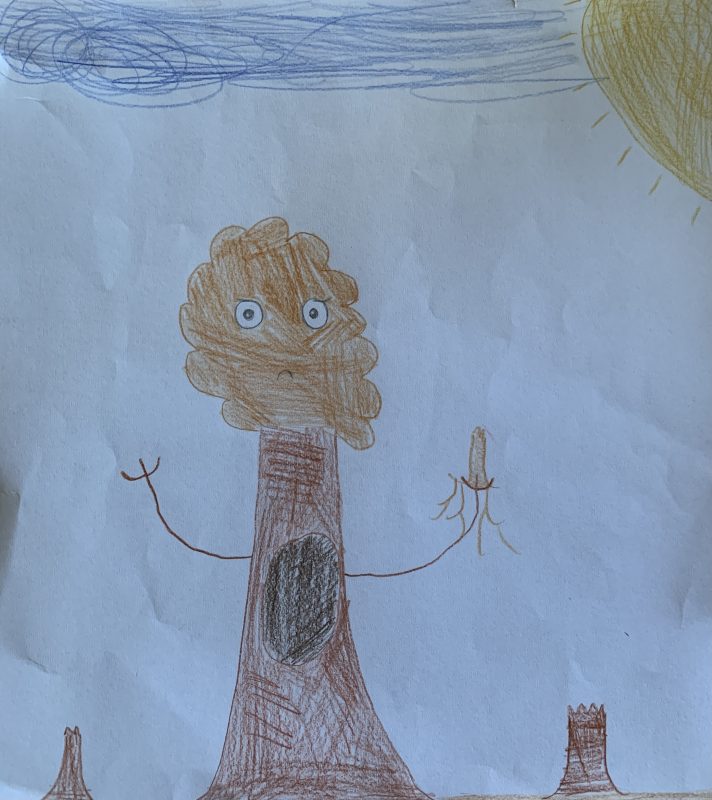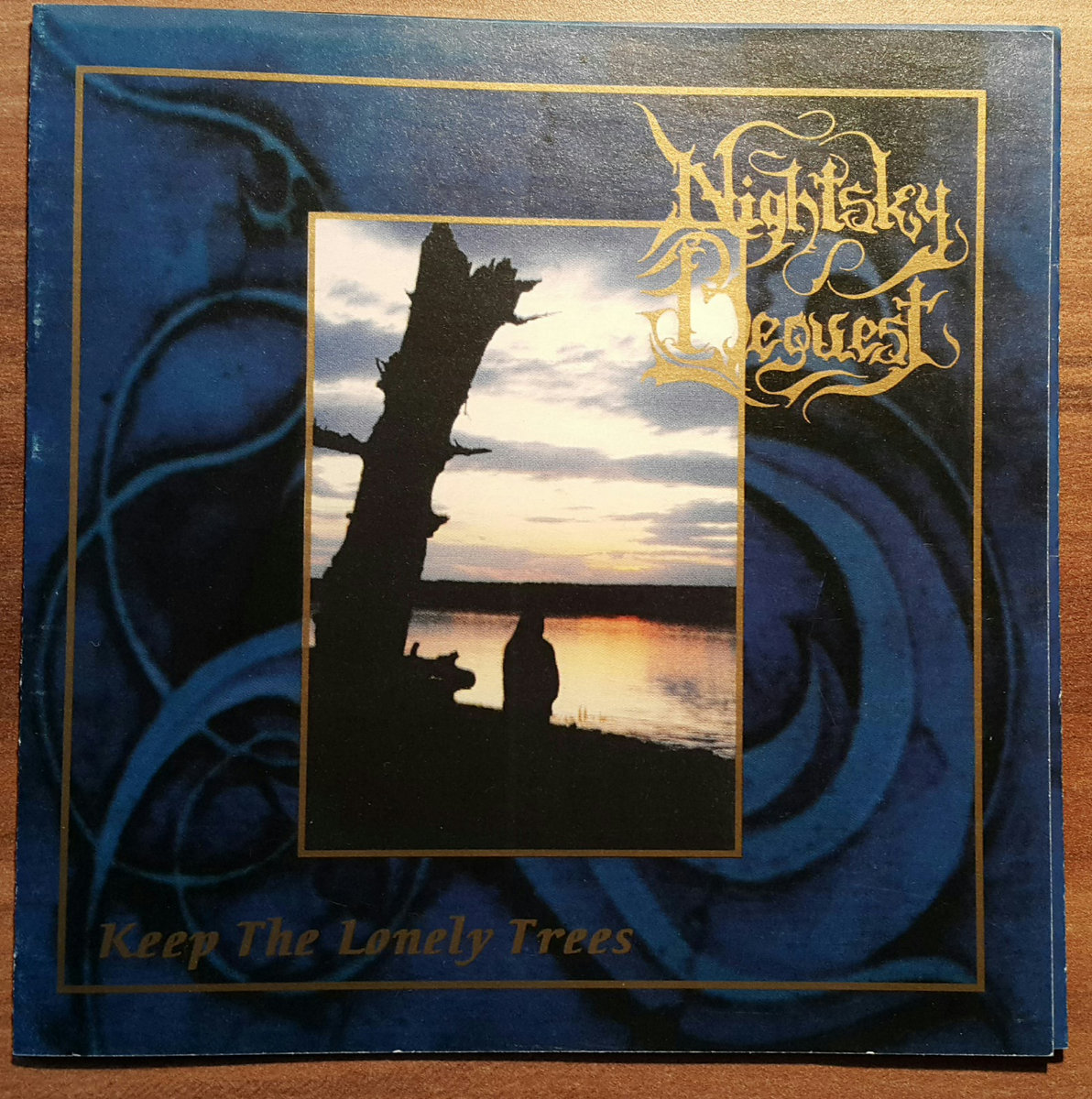
And, of course most are introduced to and love books, from a young age.

Most children speak and understand the language of play and they live stories, in their everyday playful interactions with food, sounds, textures, objects, animals and people. By engaging the imagination, not only can stories transport us to another time and place but they can also open up a rich emotional landscape which might otherwise be off limits to the defended conscious mind. They can offer comfort or challenge, enliven or unsettle us.

Like art, stories help us to take new perspectives and understand ourselves, others and the world differently.

Stories are just one tool which can help children connect with and work through internal emotional conflicts associated with experience of loss. Support in processing losses may or may not be available and the degree to which children show lasting difficulties will vary accordingly. With loss comes associated feelings, held in the conscious or unconscious mind or both. Others lose their home or their country and there are those who lose their innocence through exploitation and with it perhaps their sense of self and any respect and trust they had for the world. Some are unlucky enough to lose their health or abilities they once took for granted. They may lose a treasured possession, a loved one who dies, a parent who leaves or is imprisoned, a friend who moves away, or a valued teacher in the transition between year groups or schools.

Eye Movement Desensitization and Reprocessing.Clinical Supervision for Therapists and Trainees.Couples Counselling and Therapy in Brighton.


 0 kommentar(er)
0 kommentar(er)
